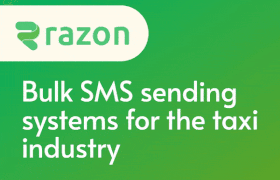SAD TO REPORT VIOLENT ATTACK ON PRIVATE HIRE DRIVER IN MANCHESTER
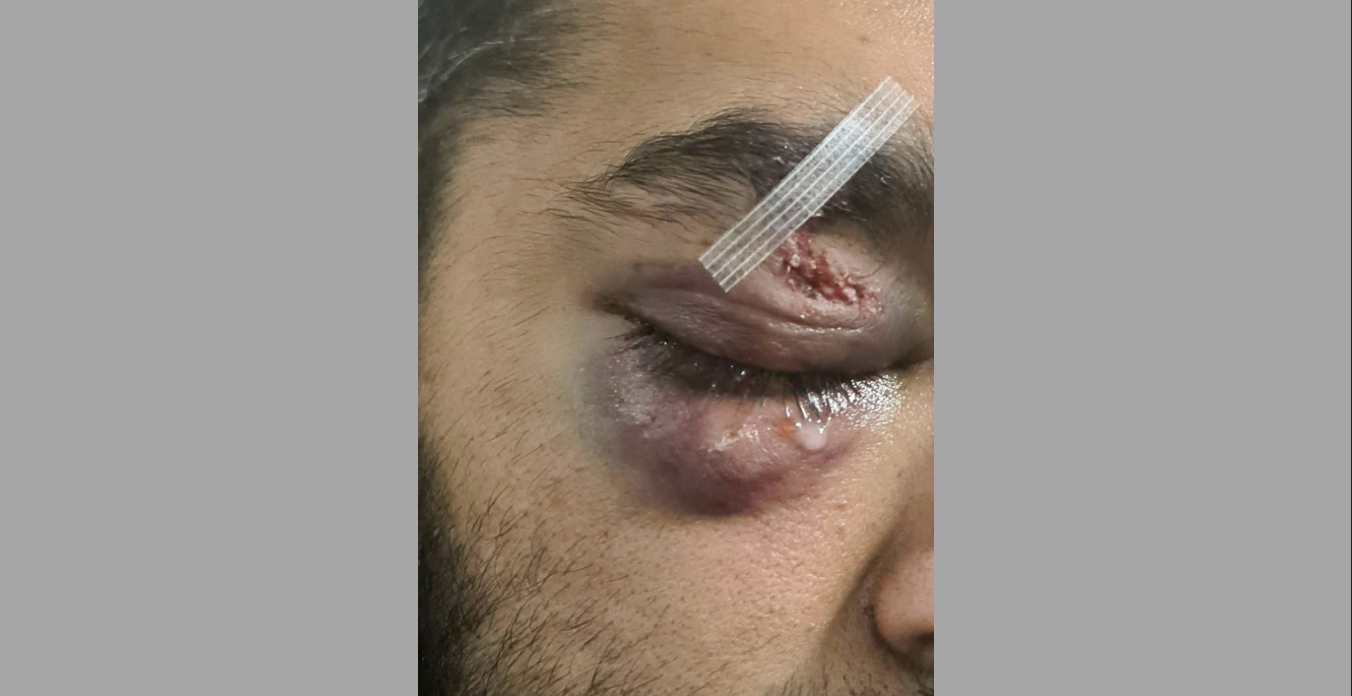
The driver picked up a passenger from an address in Moston, then picked up two females and drove them around for about an hour.
However when he asked for the fare, the driver said he suddenly felt something hit him in his eye. He felt pain, he could not see and fell to the floor.
He immediately called the police and waited for half an hour but they did not arrive! He then called his friends who rescued him and took him to the Royal Oldham hospital.
The driver has now been referred to North Manchester General hospital as the injury to his eye sight is of a serious nature.
 All at PHTM wish the driver a speedy recovery.
All at PHTM wish the driver a speedy recovery.
 We now hope the police will see this as a priority and take swift action to arrest the culprit.
We now hope the police will see this as a priority and take swift action to arrest the culprit.
PERTH AND KINROSS COUNCIL PUSHES FOR ELECTRIC TAXIS BUT FACES RURAL CHALLENGES

Perth and Kinross Council is aiming to electrify the local taxi trade as part of its Climate Change Strategy and Action Plan, but the rural nature of the region presents significant hurdles.
The local authority has set out that it is looking to "work with taxi operators to accelerate the transition to electric vehicles". It will seek to "support taxi and private hire fleets to decarbonise and move towards low carbon fleets".
During a recent council meeting, Conservative councillor Keith Allan expressed concerns about the resistance of taxi drivers and fleet managers to adopting electric vehicles.
"How are we going to cope with that and how are we going to achieve it?" he questioned.
Niall Moran from the council's Transportation and Development Team acknowledged the challenges, stating: "The taxi sector is a challenge, but we can look at what has been achieved in other areas, specifically Dundee, which has a significant proportion of electric taxis."
He emphasised that the greater mileage required in rural areas presents a unique obstacle.
However, Moran pointed to advancements in vehicle technology, such as increased range, and the expansion of charging infrastructure as key factors in overcoming these challenges.
"It's a case of just continuing to make the case and pushing the trade as much as we can," he stated.
A CHRISTMAS MIRACLE FOR 12 YEAR OLD ASHTON ROBERTS THANKS TO SUPPORT OF 247 TRANSPORT SOLUTIONS

Ashton, who has faced unimaginable challenges with Cerebral Palsy and Poland Syndrome, has spent most of his time either in his wheelchair or on his bed.
Despite his daily struggles, Ashton’s positivity and resilience are an inspiration to everyone who knows him.
With no funding available for a suitable chair through the NHS, Ashton’s Occupational Therapist identified the Tiltrite Chair, a specialist piece of equipment that costs £5,010.20, as life-changing for him.
This chair will allow Ashton to sit comfortably with his family, be part of the living room conversations, and adjust his position independently, something so simple, yet so impactful for his quality of life.
This morning, just in time for Christmas, the chair was joyfully handed over by 247’s very own Grinch and Santa, ensuring Ashton can now spend the holidays surrounded by his family in comfort and happiness.
But this is just one way 247 has made a difference this year. Alongside supporting Ashton, we’ve been proud to collect gifts for the Salvation Army, helping families in need feel the warmth of Christmas.
Through the efforts of their Grinch and Santa fundraising campaign, they have also raised an incredible £851.00 for the Sara Lee Trust, which provides essential care to those facing life-limiting illnesses.
Now the firm are reaching out for support. They have set up a GoFundMe page to help back-fund the cost of Ashton’s chair.
Every donation, no matter how small, will help cover the cost of this vital equipment and allow them to continue supporting families in need.
Click here to donate and make a difference: https://gofund.me/e58ab5ac
Chris Vale, director of 247 told PHTM, “ We believe in the power of community. It’s our privilege to give back and stand by our neighbours when they need it most. Together, we’ve shown what can be achieved with kindness, generosity, and a shared commitment to making a difference.
“ As we approach Christmas, let’s remember that no act of kindness is too small. Whether it’s supporting a cause, helping a neighbour, or simply spreading cheer, we all have the power to make this season magical for someone. “
PHTM SO PROUD OF OUR TRADE
CONSULTATION ON TAXI AND PRIVATE HIRE LICENSING IN BEDFORD IS NOW OPEN

Taxi and private hire licensing is being reviewed in Bedford Borough, and the Council wants to hear your views.
The four-week consultation began on Tuesday 10 December, and will take into account the views of the public, licensees, and other partners.
The link to the consultation is here: https://shorturl.at/BGtkv
Topics being considered include the move to electric, hydrogen and other low-emission vehicles, and whether private hire vehicles should no longer be obliged to have roof signs to differentiate themselves from other vehicles.
A Bedford Borough Council spokesperson said, “Bedford Borough Council declared a Climate Emergency, and pledged to become Carbon Neutral by 2030, nearly six years ago.
“The move to more environmentally sustainable vehicles is an important part of that, but we want to work with the trade and the wider public.
“The roof signs are also something that have been discussed by the trade, but we want to ensure that any change is in line with what the public want too.
“Would you be happy if vehicles no longer had signs on their roof denoting that they are a private hire vehicle and which company they are operated by?
“Please take part in the consultation and have your say.”
The consultation runs until 9 January 2025.
NORWICH CABBIE BANNED AFTER LAPSE IN CONCENTRATION CAUSES SERIOUS MOPED CRASH
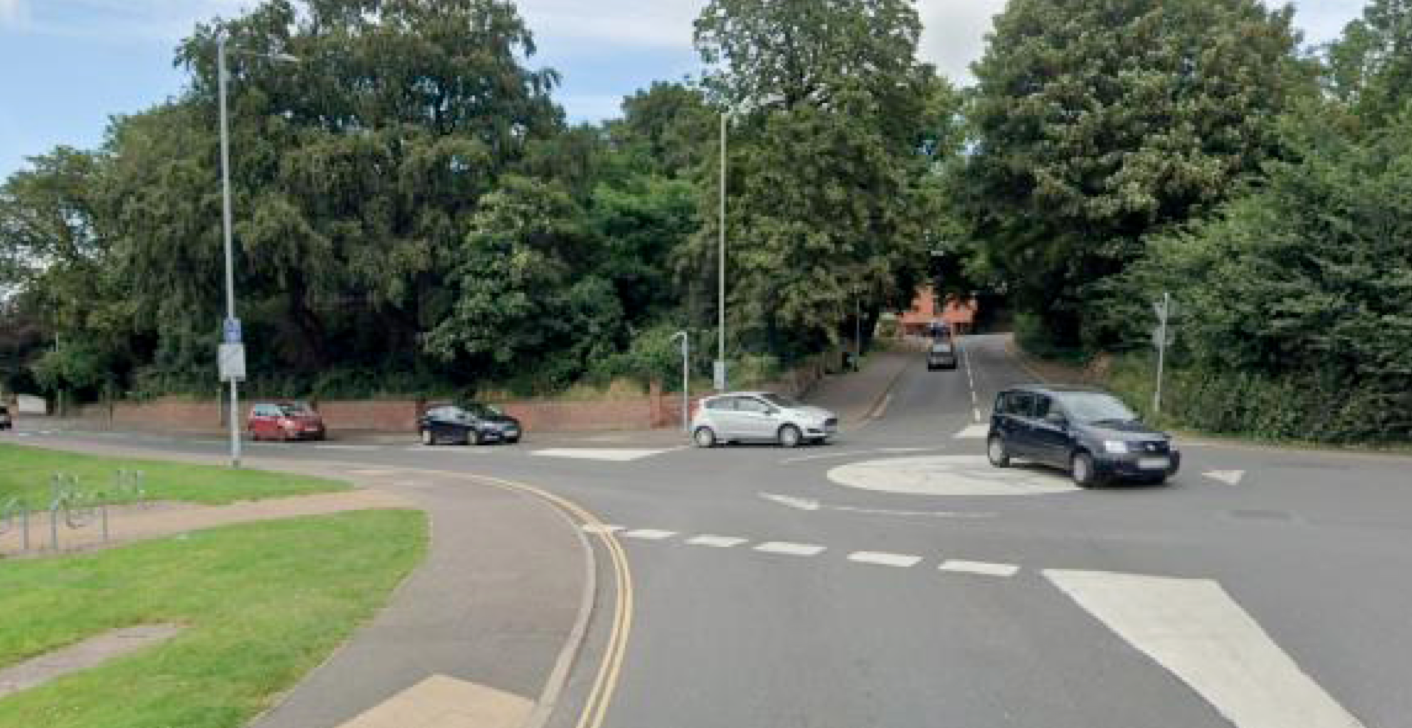
A 61-year-old Norwich cabbie has been banned from driving after seriously injuring a moped rider in a crash, effectively ending his 40-year career.
Anthony Gridlestone pleaded guilty at Norwich Magistrates' Court to causing serious injury by driving without due care and attention.
The court heard that on 28 March, Gridlestone failed to stop at a mini-roundabout on Drayton Road near Wensum Park, colliding with a moped that was crossing.
The impact threw the rider onto the bonnet of the taxi, resulting in fractures to his ankle and collarbone and requiring multiple surgeries.
Prosecutor Sally Harris stated that the crash occurred due to Gridlestone's "unsafe maneouver."
Following the collision, Gridlestone reportedly told the injured rider, "I did not see you."
Magistrates imposed a 12-month driving ban, fines and costs totaling £1,251.
David Foulkes mitigating acknowledged Gridlestone's responsibility for the accident, attributing it to a "momentary lapse in concentration."
He said: “There is no suggestion that he was impaired in any way. He was breath tested at the scene.
“He stopped at the scene and to give assistance to the rider, and the consequences of what occurred have weighed heavy on him.”
Read another story
- TAKE ME RAISES OVER £15,000 FOR NSPCC AS CHARITY PARTNERSHIP CONCLUDES

Take Me has successfully concluded its 12-month Charity of the Year partnership with the NSPCC, raising an impressive £15,200.20p for the children’s charity.

- NOTTINGHAM CABBIES HAIL NEW RAILWAY STATION TAXI RANK AS "BIG ACHIEVEMENT"

After a decade of relocations, taxis returned to Carrington Street on Monday, February 3, in a move praised by drivers as the "best option" for both themselves and passengers.

- INQUEST HEARS CABBIE HAD NO CHANCE TO AVOID STANLEY CRASH THAT KILLED TEEN MOTORCYCLIST
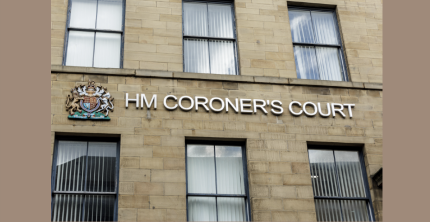
Tony "TJ" Hedley, 16, died on October 5, 2024, from head and neck injuries sustained in the collision with a taxi driven by Kevin Malpass in South Moor.

- TAXI DRIVER CONVICTED OF SEXUALLY ASSAULTING TEENAGER AFTER NIGHT OUT IN FALKIRK
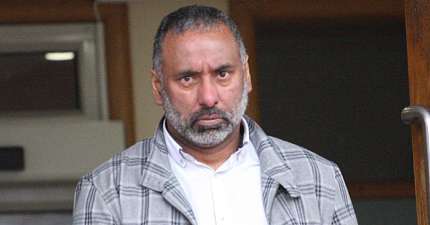
Jaswinder Singh, a taxi driver, has been found guilty of sexually assaulting an 18-year-old woman he was driving home from a night out in Falkirk.

- MORAY TAXI FARE CONSULTATION BEGINS
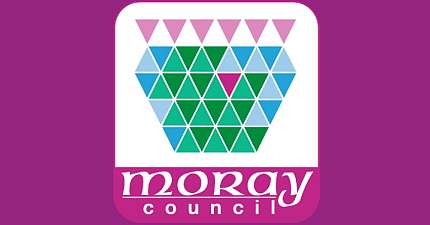
Currently, the maximum fare is a charge of £3.96 for the first mile, then 33p for each additional tenth of a mile. It is proposed that fares remain at this level.

- DRUNK CABBIE WITH 90 YEAR OLD MOTHER IN CAR WEAVES ACROSS M1 PROMPTING ROLLING ROADBLOCK
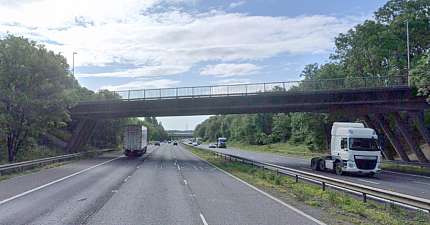
Nadarajah Balan, 47, was observed swerving between lanes near Ratby with his 90-year-old mother as a passenger in his Volkswagen.

- £100 MILLION AND COUNTING THE COST OF GREATER MANCHESTER'S SCRAPPED CLEAN AIR ZONE
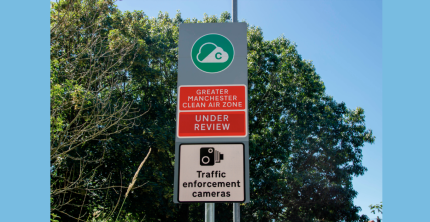
Greater Manchester's abandoned Clean Air Zone has cost over £100 million, a new report reveals, exposing the financial fallout of the controversial scheme.

- NORTH YORKSHIRE SEEKS INPUT ON TAXI ACCESSIBILITY AND DRAFT INCLUSIVE SERVICE PLAN

North Yorkshire is facing a shortage of wheelchair accessible taxis and is calling on residents to share their views to improve accessibility across the county.

- SCOTTISH HIGHLANDS MAN FINED FOR UNLICENSED PICK UP OUTSIDE CLUB

Thomas Swan, 53, from Thurso, picked up a passenger outside a Thurso nightclub and drove him seven miles to Halkirk on 4 February of last year, Wick Sheriff Court heard on Tuesday 4 February.

- THREE MORE ARRESTS MADE IN NOTTINGHAM TAXI DRIVER MURDER

Police carried out the arrests on the morning of Wednesday 5 February at a number of locations across the city and county.

- THREE ARRESTED FOLLOWING TAXI DRIVER STABBING IN BUCKSHAW VILLAGE NEAR CHORLEY
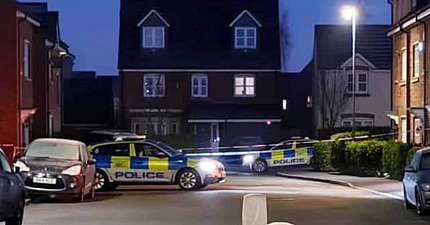
The incident occurred on Holland House Way, off Buckshaw Avenue, shortly before 10pm, prompting police to cordon off the area.

- CITY CABS CELEBRATES A CENTURY ON EDINBURGH'S STREETS AND LOOKS TO THE FUTURE
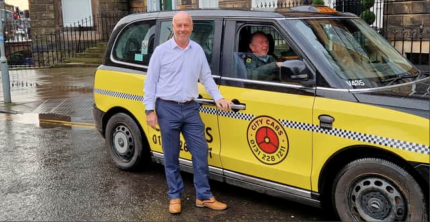
Founded on September 13, 1925, by 25 cab owners as the Edinburgh Licensed Hackney Carriage Association, the company aimed to address parking issues and streamline vehicle inspections.

- BUCKS COUNCIL SEEKS PUBLIC INPUT ON TAXI DRIVER BANS FOR CRIMINAL CONVICTIONS

Buckinghamshire Council has launched a public consultation on which criminal convictions should disqualify individuals from becoming or remaining licensed taxi drivers.

- WORTHING CAB FARES SET TO RISE BY A POUND PER JOURNEY AFTER DRIVERS REQUEST RISE

A group of 37 drivers has asked Worthing Borough Council to approve a new tariff structure, which would see the starting fare for up to four passengers rise by £1.

- UBER HAS OFFICIALLY LAUNCHED IN BARROW-IN FURNESS AND ULVERSTON

Cumbria’s rural landscape has presented a challenge to the company’s expansion plans in the area.

- PREMIER CARS PULLS OUT OF LLANDUDNO CITING LICENSING DELAYS AND LACK OF NIGHTTIME DEMAND

“We regret to inform you that, with immediate effect, we have withdrawn our services from the Llandudno area,” the company stated in a released statement.

- TRIAL TO START OF SAMS THE SUNDERLAND ADVANCED MOBILITY AUTONOMOUS SHUTTLE BUS
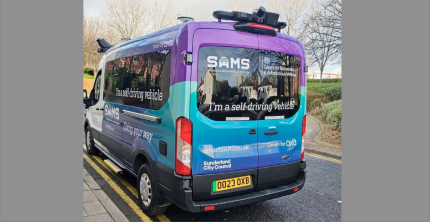
The trial will showcase a self-driving, emissions-free shuttle bus on public roads, between the city centre, the University of Sunderland City Campus and Sunderland Royal Hospital.

- SAD TO SHARE THIS MESSAGE TAXI DRIVER VIOLENTLY ATTACKED IN SHEFFIELD

A taxi driver, who is 40 years old and of Asian descent, was attacked, robbed, and severely beaten at around 8:45 pm on Skinnerthorpe Road Barnsley Rd, near Tesco Express.

- MUM OF THREE WITH BABY IN CAR JAILED AFTER 60MPH POLICE CHASE ENDS IN TAXI CRASH

Charlotte Shipley's reckless driving, which included running red lights, driving on the wrong side of the road, and mounting a pavement with a pedestrian nearby, culminated in a collision with a taxi.

- TRURO CABBIE HAILED A HERO AFTER CONFRONTING TEENS HARASSING HOMELESS MEN

Video footage shows Rowe driving erratically towards the group, beeping his horn as they scattered, before he exited his vehicle to shout at them.








